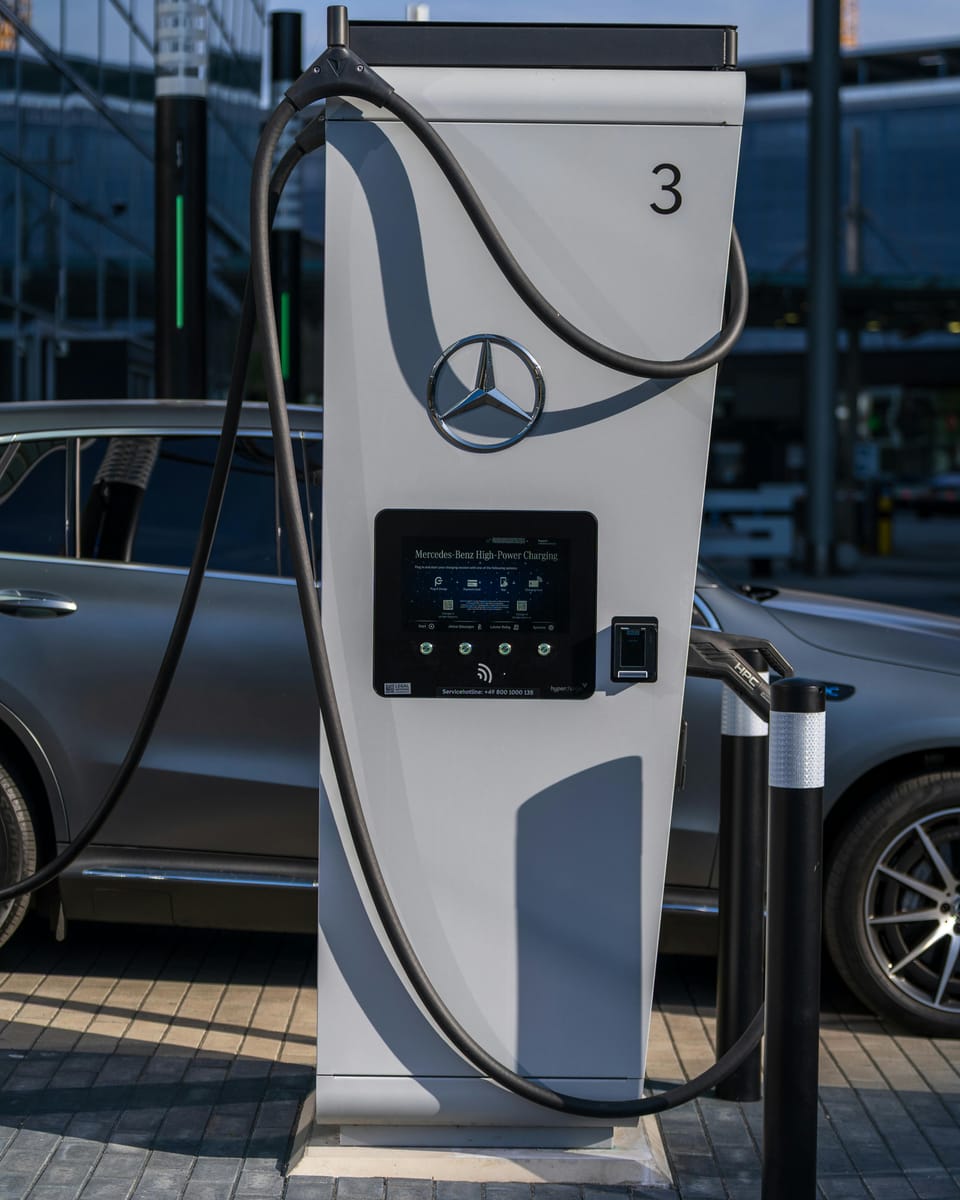Electric Vehicles Are Redefining the Auto Industry: Technology, Infrastructure & Impact

Electric vehicles (EVs) are driving one of the biggest shifts in the automobile industry in decades. As battery technology improves, charging infrastructure expands and consumer interest grows, EVs are becoming mainstream. This blog post explores how EVs are reshaping car technology, the environment and the economy.
Revolutionizing automotive technology
EVs use electric motors powered by rechargeable battery packs instead of internal‑combustion engines, creating a smoother and quieter driving experience. High‑capacity lithium‑ion batteries allow cars to travel further on a single charge and reduce “range anxiety”. EVs also integrate advanced driver‑assistance systems (ADAS), autonomous driving features and over‑the‑air software updates, illustrating how vehicles are becoming rolling computers. As automakers continue to innovate — for instance by exploring solid‑state batteries with higher energy density — the future of EV technology is bright.
Expanding infrastructure and charging
Charging infrastructure is growing rapidly thanks to investments from governments, automakers and private companies. Networks of public and home chargers are expanding, and ultra‑fast and wireless charging technology is reducing wait times. Smart‑grid integration is improving energy distribution and making charging more efficient. Better‑placed charging stations and improved battery technology mean range anxiety is diminishing, making EVs practical for daily drivers and long trips.
Environmental benefits
One of the biggest drivers of EV adoption is their environmental impact. EVs produce zero tail‑pipe emissions, helping improve air quality, especially in cities. They reduce reliance on fossil fuels and lower the overall carbon footprint. Automakers are also adopting sustainable manufacturing processes — for example by using renewable energy and recycling materials — further minimizing environmental harm. As more renewable energy sources (wind and solar) feed the electricity grid, the environmental benefits of driving electric will only increase.
Changing consumer preferences
EVs were once perceived as niche products with limited range and high cost. Improvements in design, affordability and performance have changed consumer attitudes. Today, environmentally conscious consumers see EVs as a practical choice, and government incentives and rebates make them more accessible. As EVs become mainstream, they are no longer purchased solely by early adopters but by families and individuals seeking efficient, sustainable transportation.
Economic impact
The rise of EVs has far‑reaching economic effects. Demand for electric cars is creating jobs in manufacturing, research and development and charging‑station construction. Major automakers like Ford, General Motors and Volkswagen are investing heavily in EV production and transitioning their fleets to electric models. This shift is also spurring growth in related industries such as battery production, recycling and renewable energy. As the EV market expands, it is contributing to the transition toward a cleaner economy and a more sustainable transportation system.
Looking ahead
Electric vehicles are more than a fleeting trend — they represent a fundamental change in how we travel. With continual technological advancements, growing infrastructure, environmental benefits and changing consumer preferences, EVs are redefining the auto industry and pointing toward a cleaner, more connected future.
